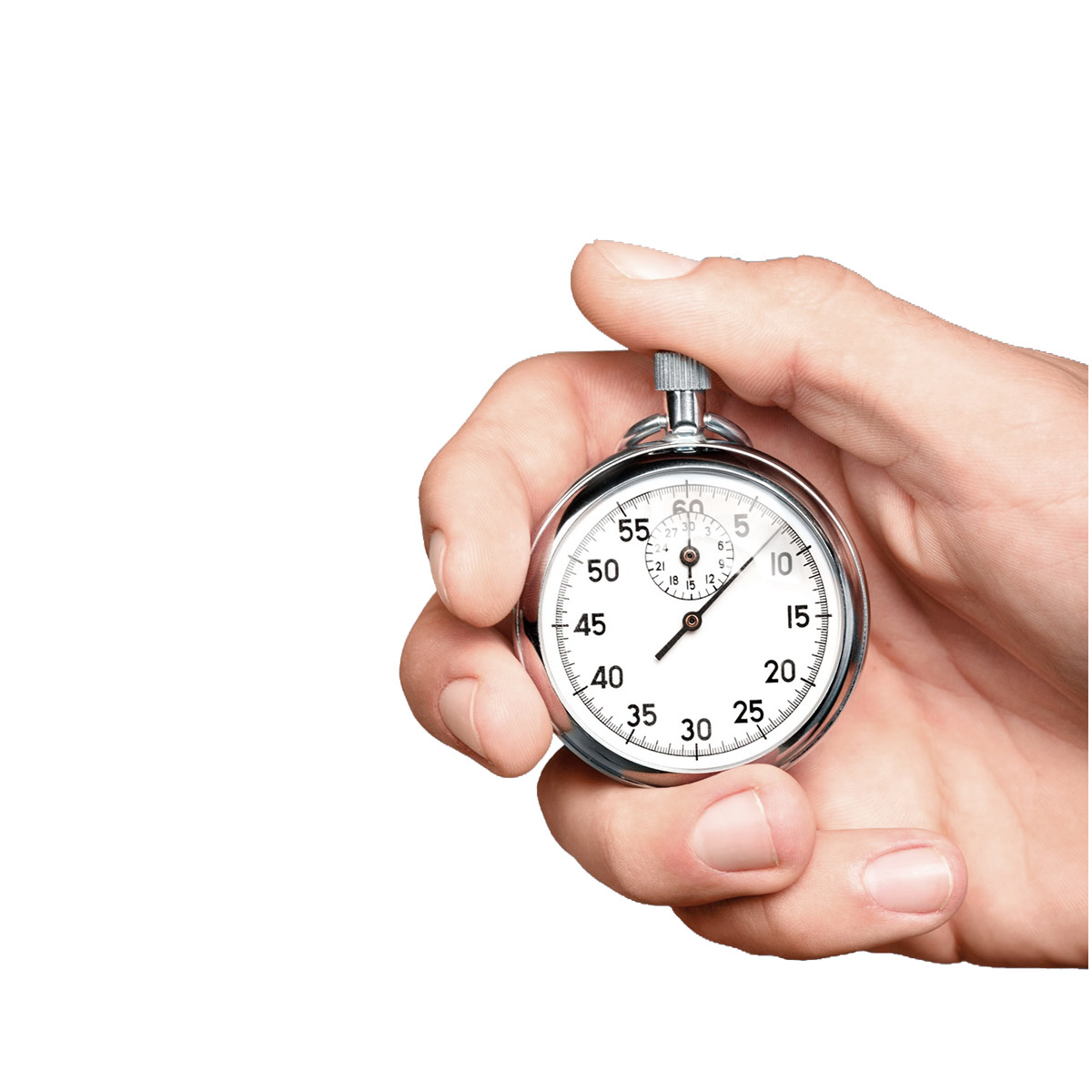
What is gambling?
It is perfectly clear...gambling is an illness
Gambling is when you take part in a game in exchange for money and the decision concerning whether you win is completely or predominantly related to chance.

How can we recognise an addiction to gambling?
Gambling addiction is recognised as an illness. There are various characteristics which specialists can use to diagnose an addiction to gambling. This means that individuals with an addiction to gambling can claim free-of-charge outpatient and inpatient treatment as well as follow-up care, regardless of their nationality, age or sex. Self-testing can provide an initial point of reference.
Addiction to gambling is an illness
DSM-5 (within 12 months, at least 4 criteria must be present)
A need for gambling with ever higher stakes in order to achieve the desired level of stimulation.
Restlessness and irritation when attempting to restrict or give up gambling.
Repeated unsuccessful attempts to control, restrict or give up gambling.
Heavy preoccupation with gambling (e.g. thoughts heavily occupied with reliving previous experiences of gambling, as well as preventing or planning the next gambling session and thinking about ways of obtaining money for gambling).
Often participating in gambling in a low emotional state (e.g. helplessness, feelings of guilt, fear, depressive mood).
Returning to gambling the day after in order to balance out losses (“chasing down” the loss).
Lying to others about the extent of the involvement with gambling.
Jeopardising or losing an important relationship, a job, a traineeship or employment prospects as a result of gambling.
Relying on financial support from others in order to overcome the financial pressure caused by gambling.
Progression
Similarly to a dependency on drugs, gambling can also be addictive. Unlike this, there are usually no visual physical changes which indicate problems with gambling and the development of an addiction to gambling. Read more
An addiction to gambling usually creeps up slowly and can often develop over years. Men are significantly more likely to be affected than women. Little by little, affected individuals will invest more time and money in gambling, while other interests increasingly recede into the background. They will also spend less and less time with friends and family. Addiction to gambling not only has an impact on the affected parties themselves, but on those around them.
The way that people become addicted to gambling is similar for many affected individuals and can be split into three phases. Each of these phases has an impact on family members, friends and colleagues. Show less
-
1.
The introductory phase
Affected individuals only play now and again and their winnings offer them a positive experience. At the same time, their feelings of self-worth are increased through their winnings. As losses are experienced as one-off events and wins are often interpreted as being the result of individual skill, unrealistic feelings of optimism often arise. Read more
“At the beginning I won a really large amount after I received an incentive offer from a casino provider on the internet by email. If it was really that simple to earn money then I naturally wanted to keep doing so. And that’s what I then did.”
“I didn’t think there was anything strange about playing poker! In the same way as other people play skat or the card game Doppelkopf or something else, I just thought, well why not play poker. I myself enjoy playing almost all parlour games.”
Show less -
2.
The loss phase
In this phase, individuals play more frequently and for longer, but win more rarely. Their thoughts often revolve around the game. As they spend more and more time playing, they neglect both their personal and professional relationships. The extent of the gambling is often kept secret from family members. During this phase, affected individuals attempt to balance out their ever greater losses by playing more and more frequently. Read more
“Wins were elusive while losses were increasing. I was investing more and more money to finally get a big win. Despite everything, I enjoyed gambling – I wasn’t actually playing in order to earn money. That’s what I thought at the time. Today, now that I am free from gambling, and now that I have learned a lot about gambling addiction and have learnt something about the reasons for this addiction, I now know: It was never about money. There were completely different reasons for the gambling.” Show less
-
3.
The despairing phase
Anyone who continues to play despite the negative consequences will reach a despairing phase. They will lose control over their gambling behaviour and this has massive consequences. Often, debts can no longer be paid back, meaning that the life of affected individuals becomes all about procuring money. Affected individuals spend very little time with family members during this phase. Strong feelings of guilt and desperation often lead to hopelessness and thoughts of suicide amongst many affected individuals. Read more
“For a long time I was in the midst of my addiction, I was gambling in order to suppress my feelings, in order to avoid unpleasant feelings and to give myself my regular hit of ‘instant happiness’. If I wasn’t feeling good, what else was there to do but to start gambling – immediately and for an extended period – I wasn’t thinking about anything, didn’t have to deal with any conflicts, didn’t have to face reality. It took me reaching my personal rock bottom for me to finally realise that I couldn’t go on that way and I had to get help. That’s what I did, with the support and encouragement of my wife.” Show less


Consequences
Examples of the consequences are:
• Feelings of guilt/shame
• Debts, homelessness
• Family conflicts, separation, divorce
• Personality changes
• Problems at work, job loss
• Criminal activity
• Suicide attempts

The addiction triangle – Why does gambling lead to addiction?
Many different factors come together when a gambling addiction is developing. The personality of the gambler, the environment in which the person lives and the game of chance itself work together to cause it. This concerns a three-factor model of addiction development.
- Qualities such as a high propensity to take risks and impulsiveness
- Genetic dispositions and illnesses
- Special life events
- Age and sex (risk groups: men, young adults and individuals with a migrant background)
- Attitude of society towards gambling
- State regulations and laws
- Professional and life circumstances
- Availability
- Family structures and role models
- Structural characteristics like payout intervals and event frequency
- Supply
- Potential for addiction

What makes gambling so dangerous?
Gambling poses the following dangers:
If there is a short interval between playing, the outcome of the game and the next opportunity to play, this increases the probability of continuing to play.
A short period between the outcome of the game and winnings being paid out promotes repeated games.
Each win contributes to the attractiveness of gambling.
The prospect of high payouts encourages individuals to play more.
Getting two out of three right raises the expectation that a win is imminent.
Choice of options increases the fascination.
The illusion which affected individuals are under that they are able to change the course of their game through their own skills inspires them to play.
The less complicated it is to place a bet, the lower the inhibition to take part in the game.
These effects are associated with winning and give the feeling that winning is frequent.
The feeling that an individual can influence the outcome of a game through their own knowledge inspires them to participate in a game.
The more readily available a game of chance is, the more probable it is that individuals will play it.

The solution
Anyone who is affected by an addiction to gambling or who is concerned about friends or family members should absolutely seek support. There are many local and web-based options which offer help and advice.
Help & advice
